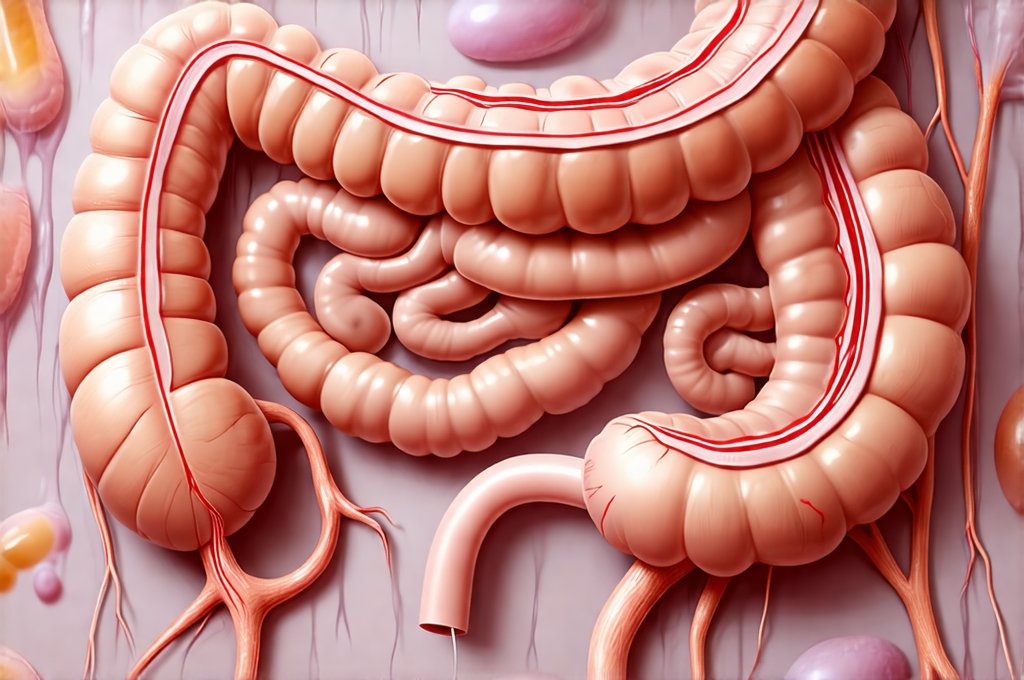Our gut—often referred to as our “second brain”—plays a pivotal role in overall health extending far beyond simple digestion. It’s intricately connected to everything from our immune system and mental wellbeing to hormone regulation and even skin health. For many, subtle changes within the digestive system are dismissed as occasional discomfort or dietary hiccups, but these seemingly minor signals can often be early warning signs that something deeper is amiss. Ignoring these cues can allow underlying issues to escalate, potentially leading to chronic conditions down the line. Understanding what your gut is trying to tell you is therefore a proactive step towards maintaining long-term health and vitality.
The challenge lies in recognizing these subtle indicators because they aren’t always dramatic or obvious. Unlike a broken bone which demands immediate attention, many gut-related issues manifest as vague symptoms that are easily attributed to stress, fatigue, or simply “just one of those days.” This article will explore some often overlooked signs that your gut might be calling for a closer look, emphasizing the importance of listening to your body and seeking appropriate support. It’s not about self-diagnosing but rather about becoming more attuned to your internal landscape and recognizing when professional evaluation is warranted. We’ll cover both common and less obvious symptoms, as well as provide insights into what steps you can take to support optimal gut health. If you are unsure, consider full gut check.
The Spectrum of Digestive Discomfort
Digestive discomfort isn’t always a sign of a serious problem, but persistent or unusual changes should never be ignored. Bloating, for instance, is incredibly common, but if it’s consistently present, accompanied by significant pain, or unresponsive to dietary adjustments, it warrants further investigation. Similarly, gas is a natural part of digestion, yet excessive flatulence, particularly after consuming specific foods, could point to malabsorption issues or imbalances in gut bacteria. It’s important to differentiate between occasional discomfort and chronic, disruptive symptoms.
Beyond bloating and gas, pay attention to changes in bowel habits. This isn’t just about constipation or diarrhea; it’s about how your stools look and feel. Are they consistently hard to pass? Do you experience frequent urgency? Have you noticed blood in your stool (even small amounts)? These are all important indicators that something might be off. Likewise, a sudden shift from regular bowel movements to irregular ones should raise awareness. Often these changes can indicate the presence of inflammation or an underlying digestive disorder.
Finally, heartburn and acid reflux are frequently dismissed as unavoidable parts of life, especially with certain foods or stress. While occasional heartburn is normal, chronic acid reflux – happening multiple times a week despite lifestyle modifications—can be a symptom of more serious issues like GERD (Gastroesophageal Reflux Disease) or even gut dysbiosis impacting stomach acidity. It’s crucial to remember that persistent digestive discomfort isn’t something you should simply “live with,” and exploring the underlying cause can significantly improve your quality of life. If you suspect a larger problem, it might be time for second opinion.
Beyond the Gut: Systemic Signals
The gut is so interconnected with other bodily systems that problems within it often manifest as symptoms far removed from the digestive tract itself. One significant area affected is skin health. Conditions like eczema, psoriasis, and acne have increasingly been linked to gut imbalances. The theory behind this connection revolves around “leaky gut syndrome,” where increased intestinal permeability allows undigested food particles and toxins to enter the bloodstream, triggering an immune response that can manifest as skin inflammation.
Another systemic signal is mental health. There’s a strong bidirectional relationship between the gut and brain, often referred to as the “gut-brain axis.” An unhealthy gut microbiome can influence neurotransmitter production (like serotonin, often called the “happy hormone”), leading to mood swings, anxiety, depression, or even cognitive fog. Conversely, stress and mental health issues can also negatively impact gut health, creating a vicious cycle. It’s important to consider this connection if you’re experiencing unexplained changes in your mental wellbeing.
Finally, chronic fatigue is often one of the first signs that something isn’t right within the body, and the gut could be a major contributing factor. Malabsorption of essential nutrients due to digestive issues can lead to energy depletion. Furthermore, chronic inflammation stemming from an imbalanced gut microbiome requires significant energy expenditure from the immune system, leaving you feeling tired and depleted even with adequate sleep. If fatigue is persistent and unexplained, exploring your gut microbiome should definitely be on your radar. Understanding your gut can also help pinpoint causes of fatigue.
Investigating Further: What Steps to Take
If you’re experiencing several of these hidden signs, it’s time to consider a more thorough evaluation. The first step is often keeping a detailed food diary for at least a week or two. This isn’t just about listing what you eat; it’s about noting how you feel before, during, and after each meal. Pay attention to symptoms like bloating, gas, energy levels, and even mood changes. This can help identify potential trigger foods or patterns.
Next, consider consulting with a healthcare professional – ideally one who specializes in functional medicine or gut health. They may recommend specific tests to assess your digestive function and microbiome composition. These could include: – Stool analysis to identify imbalances in gut bacteria and markers of inflammation. – Food sensitivity testing to pinpoint potential food intolerances. – Breath tests to diagnose conditions like SIBO (Small Intestinal Bacterial Overgrowth). You might also want to consider a diet reset for improved health.
It’s important to remember: self-diagnosing is never advisable. These tests should be interpreted by a qualified healthcare provider who can provide personalized recommendations based on your individual needs. Treatments may range from dietary changes and probiotic supplementation to lifestyle modifications and targeted therapies designed to restore gut health. A holistic approach, addressing both the symptoms and the underlying causes, is often the most effective path towards lasting wellbeing. You should also be aware of physical gut exam procedures.


















